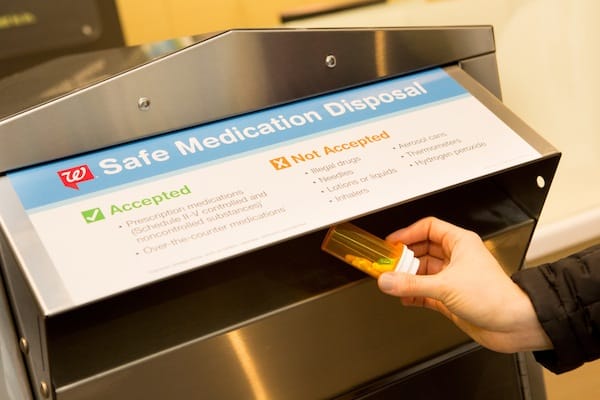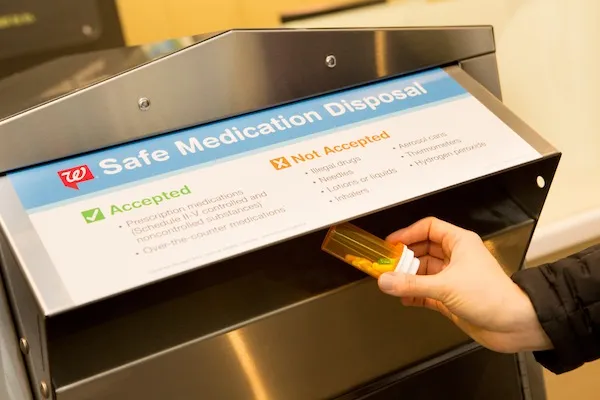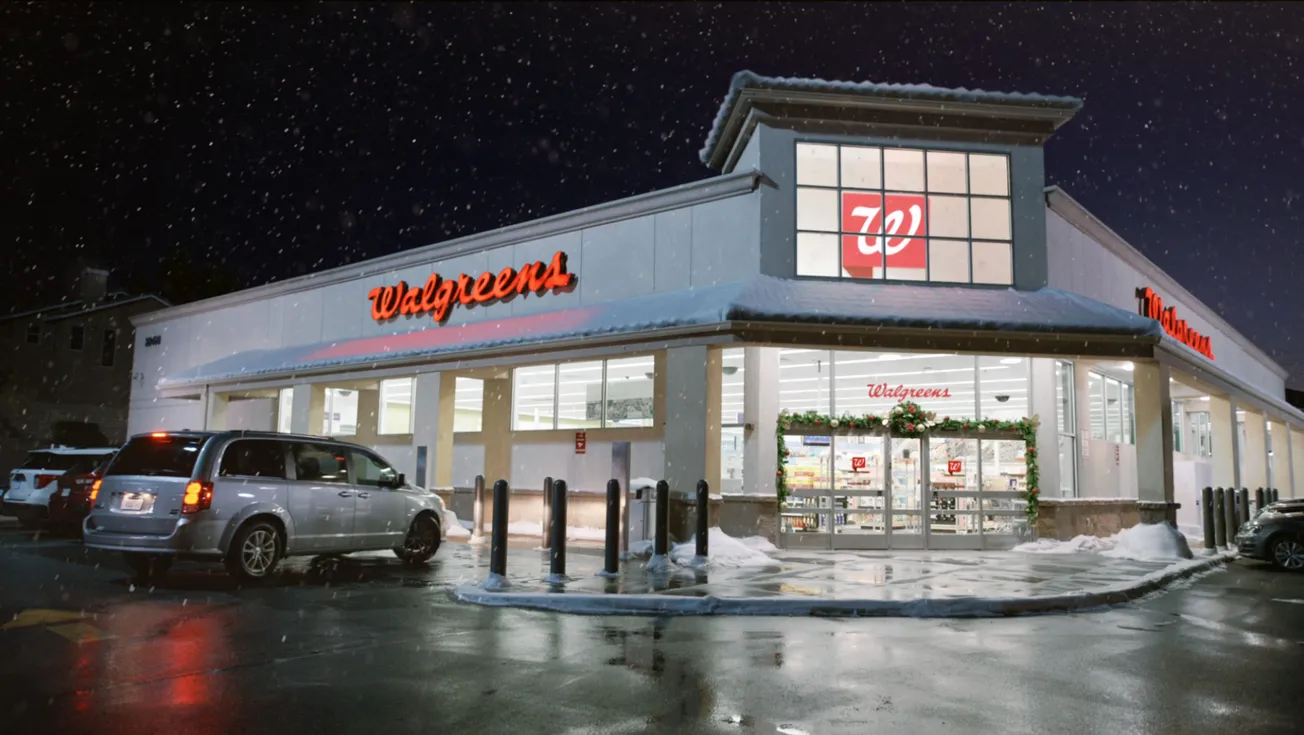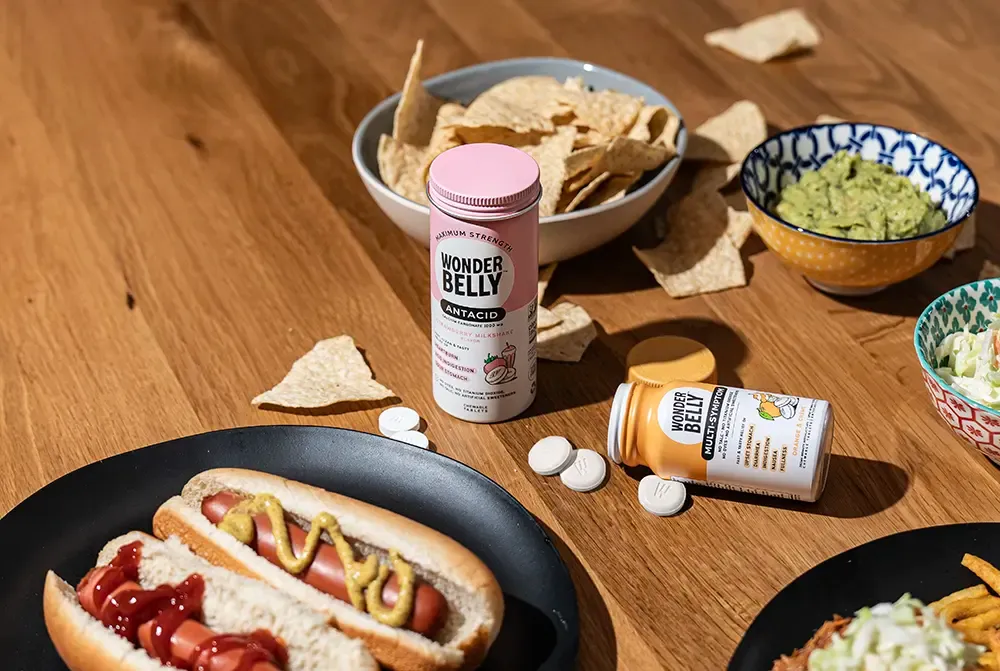DEERFIELD, Ill. — Walgreens has hit its target in fostering proper disposal of expired, unwanted and unused medications.
The drug chain said Tuesday that it has reached its goal of installing more than 500 safe medication disposal kiosks this year at its pharmacies in 35 states and Washington, D.C.
Unveiled in February, the program is the first ongoing national effort of its kind by a retailer to fight drug abuse, according to Walgreens.
Plans call for the drug disposal kiosks to roll out to stores in two more states, Nevada and Maryland, by early November.

Since the installation began earlier this year, more than 10 tons of medication have been collected and safely disposed, Walgreens reported. Along with prescription drugs, the kiosks can be used for disposal of over-the-counter medicines and controlled substances.
The safe medication disposal kiosks are available during regular pharmacy hours — 24 hours a day at most kiosk locations — and Walgreens has posted an interactive map on its website to help consumers find a store with a kiosk.
States where Walgreens’ safe medication disposal kiosks have been deployed include Alabama, Arkansas, Arizona, California, Colorado, District of Columbia, Florida, Idaho, Illinois, Iowa, Indiana, Kansas, Kentucky, Maine, Massachusetts, Michigan, Mississippi, Montana, Nebraska, New Mexico, New York, North Carolina, Ohio, Oklahoma, Oregon, Rhode Island, South Carolina, South Dakota, Tennessee, Texas, Utah, Vermont, Virginia, Washington, West Virginia and Wisconsin.
Walgreens, too, continues to participate in Drug Enforcement Administration-sponsored National Prescription Drug Take Back Days, serving as a collection point in communities for law enforcement to collect unwanted, unused or expired medications for disposal. The retailer said the next DEA-sponsored take-back event will be held on Oct. 22.
Also as part of efforts to combat drug abuse, Walgreens has made the opioid overdose-reversal medication naloxone without a prescription at more than 3,800 pharmacies in 20 states. The drug chain said that next week it will begin offering naloxone without a prescription at pharmacies in Colorado, Oregon and Utah and will continue to make the medication more accessible in states where regulations allow.
“Walgreens has taken an important first step to reduce the misuse of medications throughout the country and curb the rise of overdose deaths,” Richard Ashworth, president of pharmacy and retail operations at Walgreens, said in a statement. “We are committed to being part of a comprehensive solution to reverse this epidemic and will continue our effort to make naloxone more accessible and easier to obtain.”
The company added that, in states where a prescription is required for naloxone, it will work with regulators to help update rules to allow for dispensing without a prescription. When implementation of the program is complete under current state pharmacy regulations, naloxone will be available without a prescription in more than 7,000 of Walgreens’ nearly 8,200 stores.
Currently, states where Walgreens offers naloxone without requiring a prescription include Alabama, Idaho, Illinois, Indiana, Maryland, Massachusetts, New Hampshire, New Jersey, New Mexico, New York (including Duane Reade pharmacies), North Carolina, Ohio, Oklahoma, Pennsylvania, Rhode Island, Texas, Vermont, Virginia, Washington and Wisconsin.







